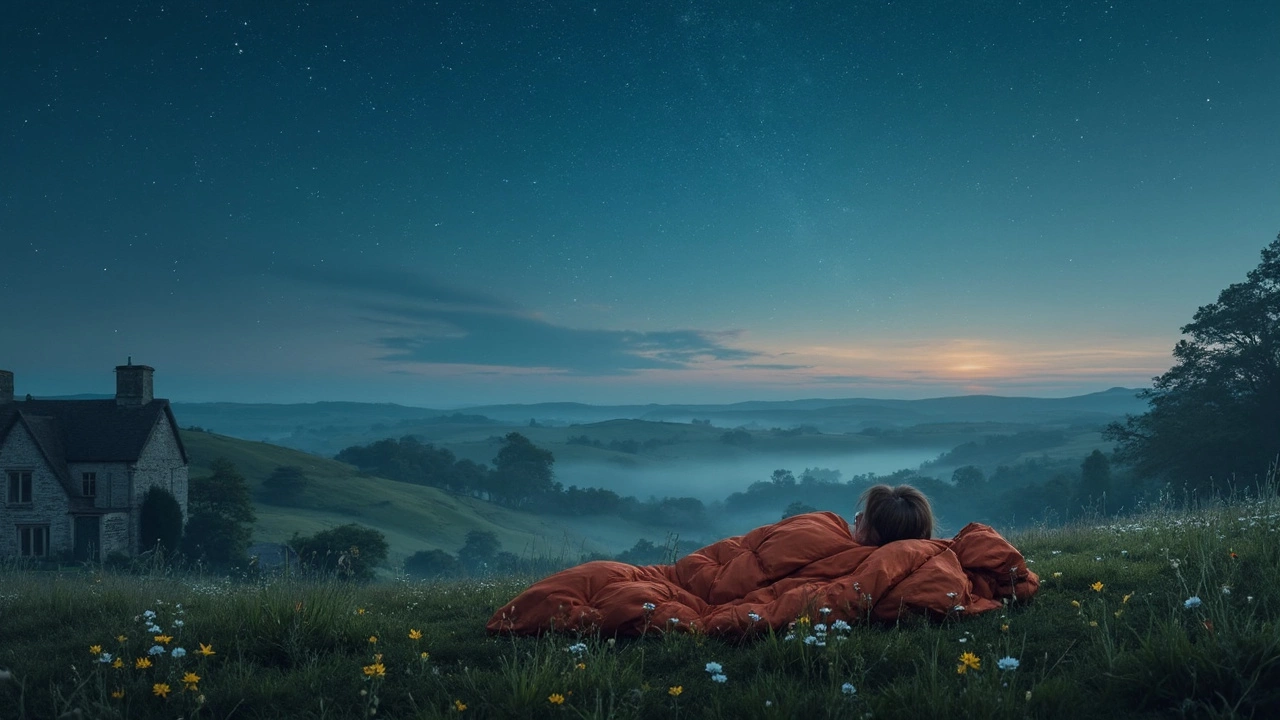Minimalist Camping Made Easy
If you’ve ever felt weighed down by a mountain of gear, you’re not alone. Minimalist camping is all about stripping the experience down to the essentials so you can move faster, spend less, and still enjoy the outdoors. Below you’ll find practical tips that let you pack light without sacrificing comfort.
Gear Essentials for Minimalist Camping
Start with a tiny backpack – 30‑40 litres is usually enough for a two‑day trip. Choose a sleeping bag rated just a few degrees above the expected night temperature; a down bag can be super compressible and warm. Pair it with a compact sleeping pad that folds into a thin rectangle – you’ll thank yourself when you’re not dragging a bulky foam mat.
Pick a multi‑function stove that can boil water and simmer a simple meal. A 100‑gram canister will last a couple of days if you keep meals simple—think instant oatmeal, dehydrated beans, or a single‑serve pasta. A lightweight pot or mug that doubles as a bowl saves even more space.
Don’t forget a sturdy but lightweight tent or a tarp shelter. A four‑season tarp with a couple of guylines is often lighter than a full‑season tent and still keeps rain out. Add a small rainfly if you expect wet weather, and you have a flexible, low‑weight shelter system.
How to Plan a Simple Campout
Pick a campsite close to a water source. That way you can refill your bottle without carrying extra water, which cuts weight dramatically. Check the trail’s elevation gain and distance; a flat, short loop lets you keep your pack light and reduces fatigue.
Plan meals in advance. List every ingredient, then eliminate anything you can do without. A good rule: every item should serve at least two purposes—like using a spoon as a stir‑stick and a makeshift fork.
Pack a small first‑aid kit with just the basics: band‑aids, antiseptic wipes, pain relievers, and any personal medication. A few extra blister pads can save a whole day if your feet start to protest.
When you arrive, set up your shelter quickly, store food in a bear‑proof container (or hang it safely), and enjoy the simplicity of the surroundings. A minimalist approach means you spend less time fussing with gear and more time soaking in the scenery.
Finally, leave no trace. A light footprint isn’t just about the weight you carry; it’s about respecting nature. Pack out all trash, avoid damaging vegetation, and stick to established trails.
By focusing on a few high‑quality items, planning smart meals, and choosing nearby campsites, minimalist camping becomes a hassle‑free way to explore the outdoors. You’ll move faster, spend less, and still get the same sense of adventure. Give it a try on your next weekend getaway—you might be surprised how much freedom a lighter pack brings.
Cowboy Camping: The Simple Way to Sleep Under the Stars
Cowboy camping means sleeping outside with no tent — just you, your sleeping bag, and the open sky. This article breaks down what cowboy camping is, how to do it safely, and why so many eco-conscious travelers love the experience. You'll get practical tips on choosing your spot, dealing with bugs, and how this style of camping fits perfectly with eco-friendly living. Whether you're at a rustic cottage or deep in the wild, discover if cowboy camping is for you. Ready to rethink the way you camp?
